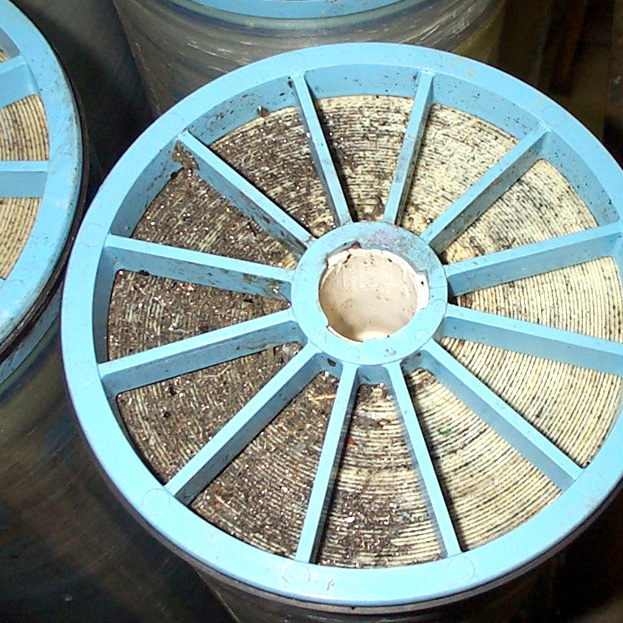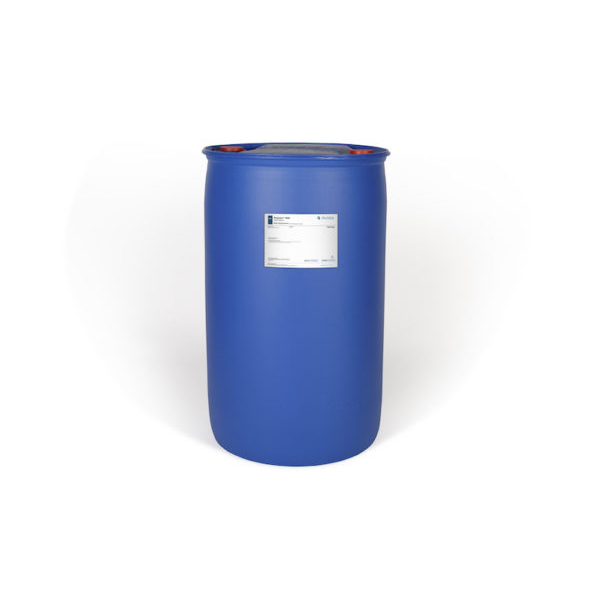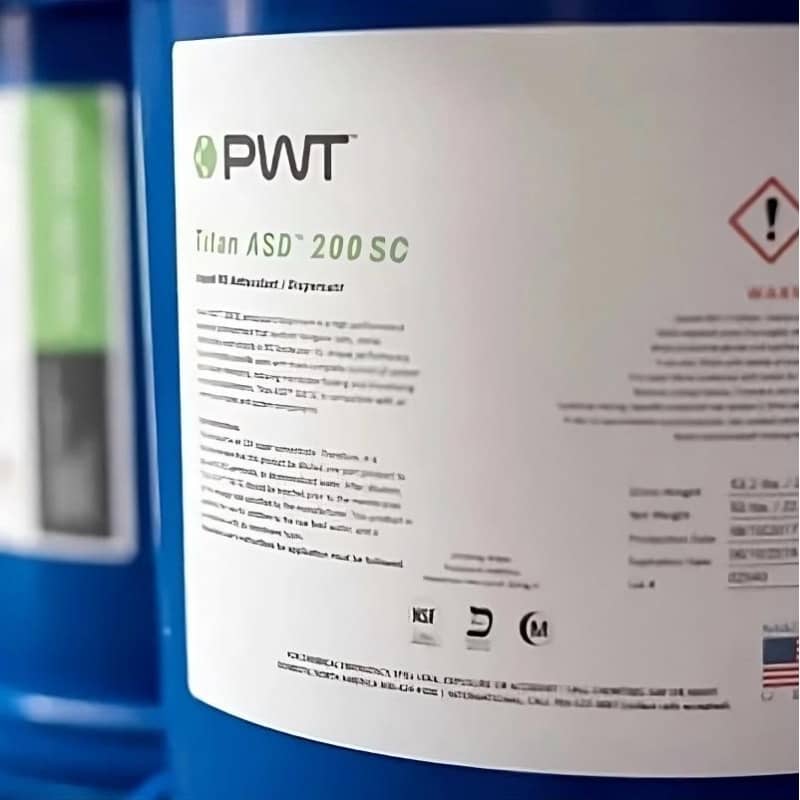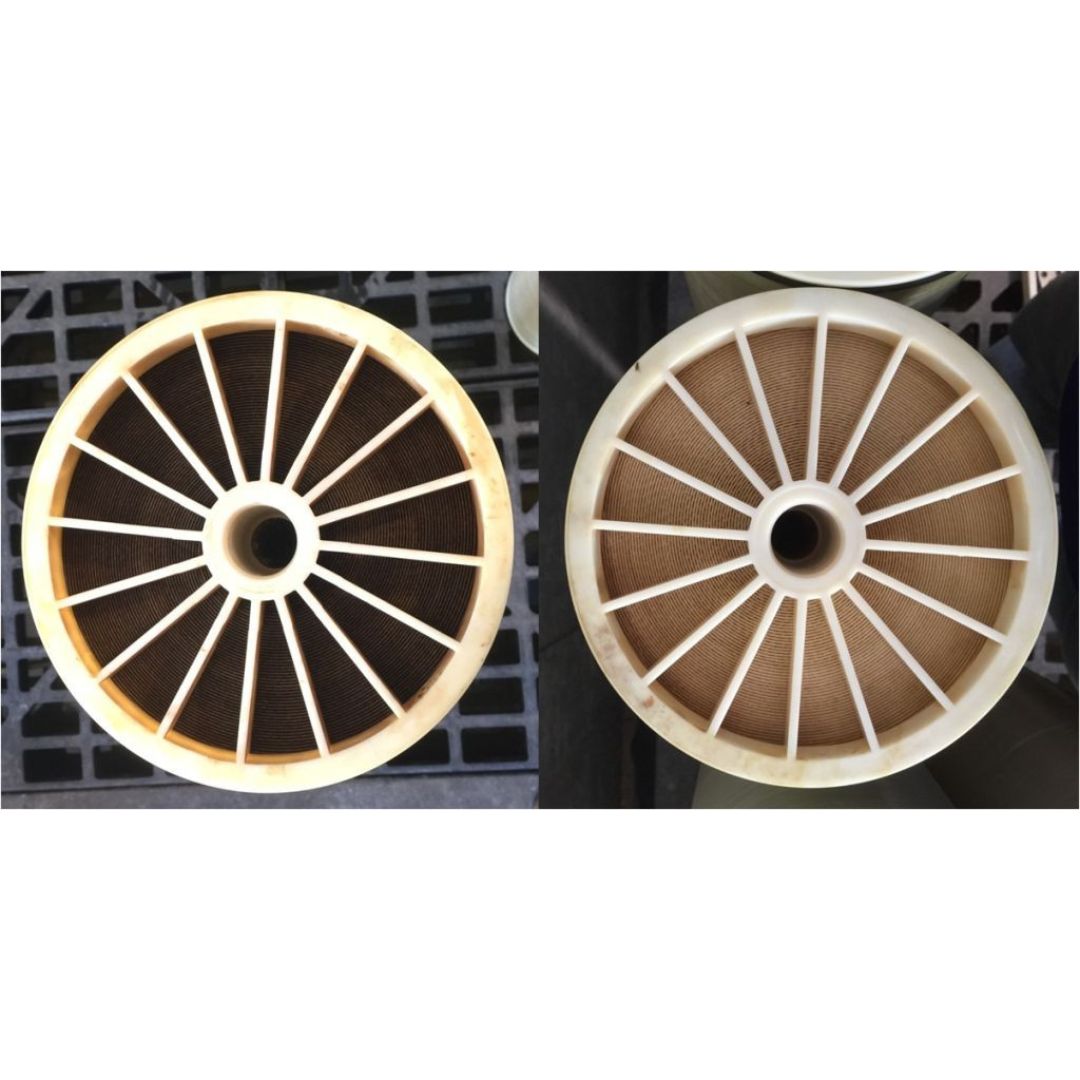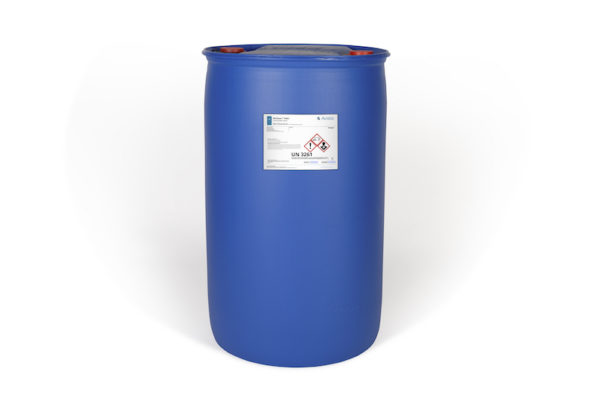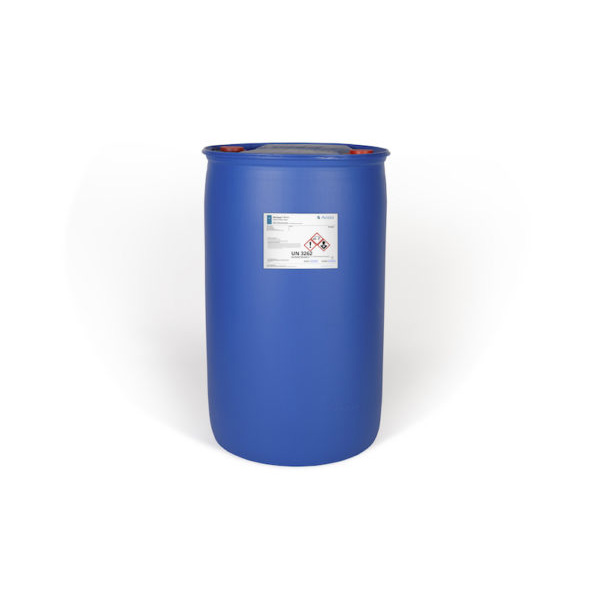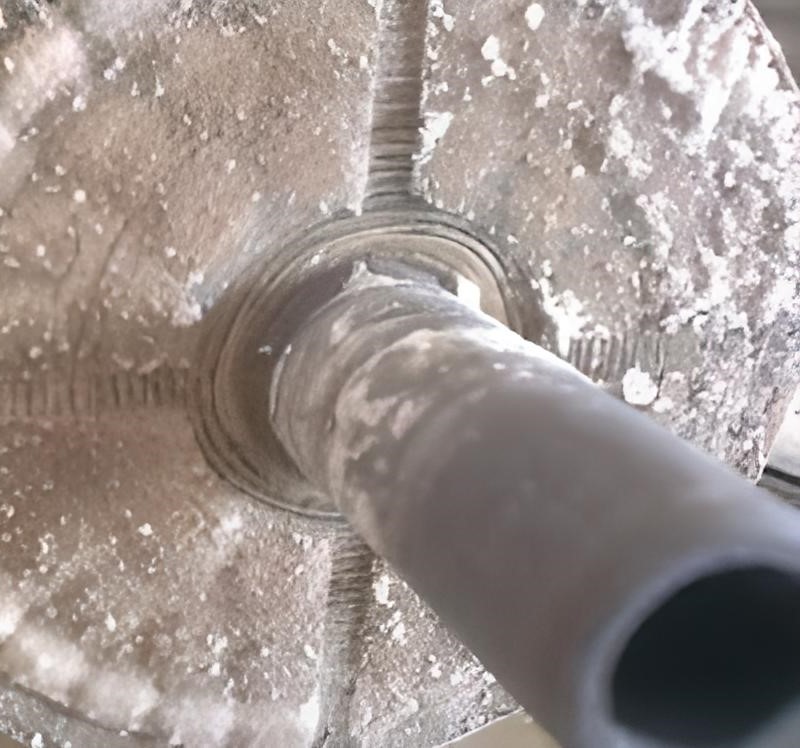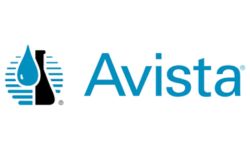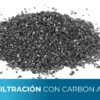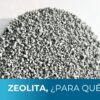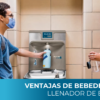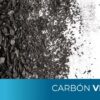Water for industrial processes
One of the most important resources for industrial processes is water, either for the manufacture of their products, and/or for the maintenance of their materials and equipment. All industrial sectors make use of water, from those that manufacture food products to those that manufacture electronic devices.
Depending on the source of the water supply, the quality of the water may vary, whether the source is natural (deep well, lake, river, etc.) or from the municipal supply.
There are different methods for water treatment, the selection of the most appropriate will depend on the quality of water to be treated and the degree of purity required to reach, this always depends on the process in which it will be used.
Water in the food industry.
In the production of food and beverages, the purity of the water will directly influence the quality of the same. It is usually used for dilution, preparation, services, etc. For this reason, the type of water most used by this sector is drinking water. Drinking water is that which is considered suitable for human consumption. It has already established parameters (microbiological, physical, chemical limits, etc.) so that water can be considered in this category. In Mexico, the institution that regulates compliance with water quality is the Ministry of Health (SSA), which uses the NOM-127-SSA1-1994 and NOM-201-SSA1-2015 standards, among others, as tools.
The most common methods for obtaining drinking water are: disinfection, filtration with granular media, softening, reverse osmosis, ozone and sterilization with ultraviolet light. To learn more about this, you can visit our article “Typical water purification process”.
Disinfection” is the application of some chemical agent (usually chlorine) to reduce or eliminate microorganisms. Filtration with granular media is the use of filters to retain suspended solids, usually using media such as silica sand, anthracite, zeolite or media bed (mixture between media). Another important step for drinking water treatment is the passage through activated carbon, for the retention of disinfection by-products and organic matter, as well as colors or odors. For softening, ion exchange resins are used, which serve to remove salts that make the water hard (ions such as Ca+2 and Mg+2). When it is necessary to produce water with a very low concentration of salts, reverse osmosis is used, which is a very effective method of removing them. It is important to note that the use of reverse osmosis is intended to produce higher than average quality drinking water, but there are also cases where it is necessary due to the very poor-quality water received by the industry, or if the process requires even purer water.
It is important to know in detail the processes and all their variables. There are cases where a rigorous control of pH, or SDT, is of vital importance.
Water in the pharmaceutical industry.
The production of pharmaceutical products requires water of very high quality to make them, as well as for the maintenance and cleaning of the equipment they use. The pharmaceutical sector requires water classified as pharmaceutical, which is obtained from drinking water. The process of obtaining it is similar to that of drinking water, but the reverse osmosis stage is essential, or replacing it with another technology to de-ionize it. The reverse osmosis applied is usually two stages, where the result is water of excellent quality, and there are cases in which up to three stages are required where the water has a very important use in some process. There are three general types of water for pharmaceutical use, each for different processes:
- Purified water.
- Highly purified water.
- Water for injections.
Purified water is generally used to make products that are not sterile, as well as to clean the equipment used and laboratory equipment.
For highly purified water, this is obtained by methods such as reverse osmosis, deionization (use of ion exchange resins) and/or ultrafiltration. Ultrafiltration is the use of membranes with high capacity to retain suspended solids and microorganisms with sizes from 0.001 to 0.1 µm.
Water for injection is obtained by distillation as the last stage. The difference between highly purified water and water for injection is the final stage (distillation) for obtaining water for injection. Distilled water is the method by which, from the boiling of the water, it is later condensed to recover the contaminant free liquid with a different boiling point. Generally, in laboratories, distilled water is used for the production of products and cleaning of specialized equipment.
The pharmaceutical industries that do not have potable water must produce it, and then treat it and have water for pharmaceutical use.
Water in the mining industry.
Water in the mining sector is of great importance. It is mainly used for cleaning minerals, as well as for the unit operations carried out by some equipment (grinding, material transport, drying), and for cleaning them. The water needed by the mining industry does not need to be of high purity like the food and pharmaceutical sectors, even the reuse of the same water used is of vital importance for the mining sector, but the challenge faced by this sector is the treatment that must be carried out to the water after having used it in their processes. The products obtained in the mining industry normally require washing with water and chemicals to make certain physical separations, where the desired product is obtained from the mineral, separated from the many other compounds it contains.
In conclusion, water is of vital importance in industrial processes in all sectors. Water is a resource that works for the treatment, processing and refinement of products, as well as for the cleaning of equipment and materials used in the process.
The level of water quality required is considered from the type of process used where the water is required, either for the direct elaboration of a product, cleaning of equipment and materials, or services where the water is necessary to carry out some activity (cooling, transport, heating, etc.)
Last updated 02/18/2020.
Comparte:
Necesitas más información, escríbenos.
Algunos productos que te pueden interesar
-
RoClean L211 cleaning of membranes with organic matter fouling
Add to quote -
RoQuest 3000 Organic Liquid Coagulant from Avista
Add to quote -
Titan Antifouling for Reverse Osmosis Membranes
Select options -
RoClean P112 Membrane Cleaner for Silica SiO2
Add to quote -
RoClean P303 Calcium Carbonate & Metal Scale Cleaner
Add to quote -
RoClean P111 Biofouling RO Membrane Cleaner
Add to quote -
RoClean L403 Calcium Carbonate and Metal Scale Cleaner by Avista
Add to quote -
RoQuest 4000 Liquid Coagulant for Organic Matter Avista
Add to quote




